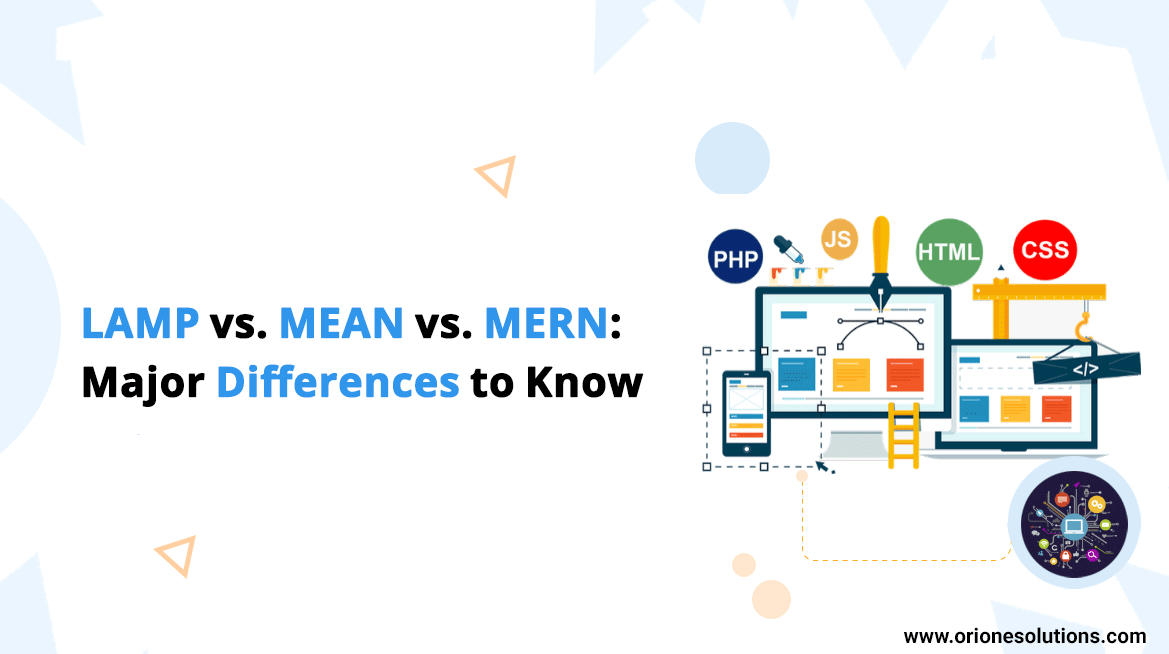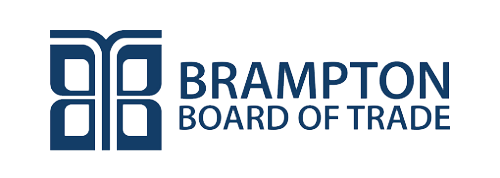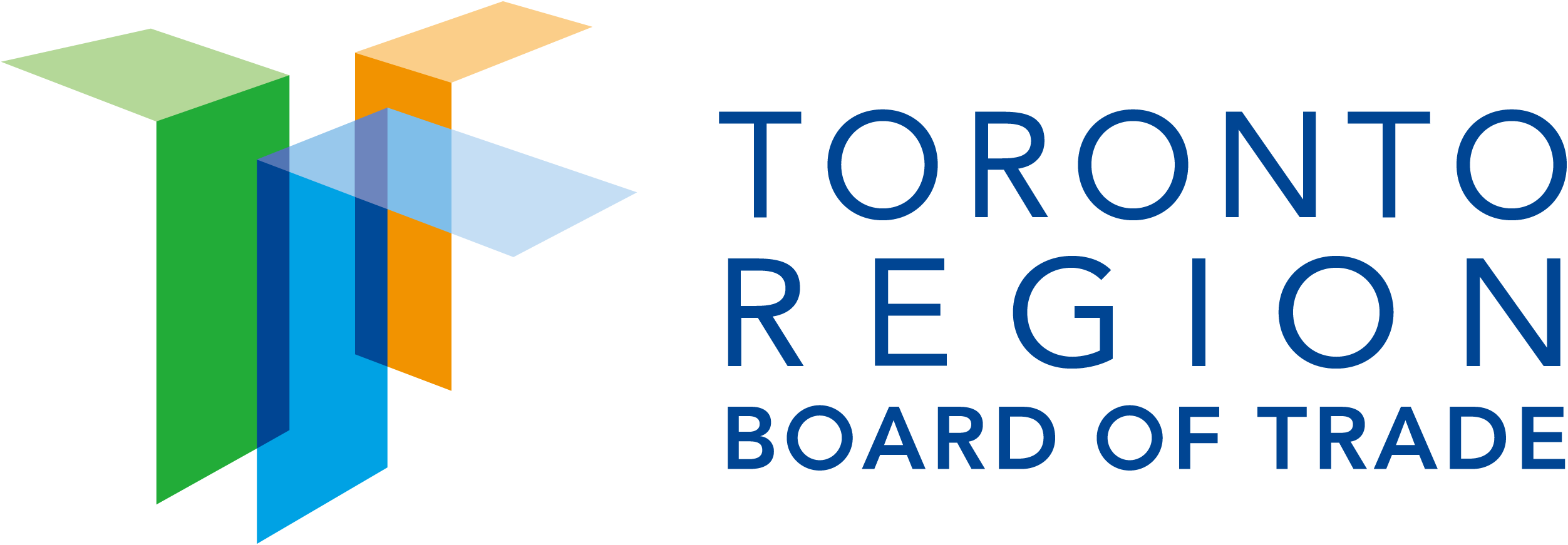The era of technological advancements is rapidly evolving. We have seen everything from the emergence of social media to rising AI, Cloud computing, and IoT-like technologies. Thus, continually taking the world towards advanced digitalization.
From smartwatches and several fitness trackers to AI-enabled devices and more, the dominance of technology can not be unseen. We can also see the web and mobile app development landscape changing completely. Of all, the stacks in the software development environment are growing, making it critical for businesses to make the right choice to ensure business growth and profitability.
The most widely used and preferred stack by the developers include LAMP, MEAN, and MERN. All these are designed to meet the unique development requirements. For example, MEAN and MERN stacks are suitable for building single-page sites. On the other hand, LAMP can be considered to build enterprise-level apps.
In this write-up, we will learn in detail about these stacks and the pros and cons that showcase the difference between LAMP vs MEAN vs MERN.
Overview of LAMP Stack
The LAMP is one of the traditional tech stacks with MySQL, Apache, Linux, and PHP. It is still the leading open-source software stack and is still a choice for many backend developers because of its reliability and flexibility.
This stack ensures simplicity and stability which makes LAMP a robust stack for developing innovative and feature-rich applications.
Overview of MEAN Stack
The MEAN stack refers to an acronym and open-source collection of technologies such as ExpressJS, MongoDB, and Node.js. It enables using one single language throughout the entire stack and building both frontend and backend apps.
Code reusability is offered throughout the entire application reducing the efforts required for code reinvention.
Overview of MERN Stack
MERN is basically an updated version of the MEAN stack which utilizes ReactJS and not AngularJS. Also, it is a JS-based stack that ensures efficient and quick development of software components.
Moreover, its captivating user interface, affordability, and ease of use make the MERN stack the best choice.
Key Differences Between LAMP vs MEAN vs MERN
Let’s explore below the key aspects that showcase the comparison between LAMP vs MEAN vs MERN.
Architecture
Developing an enterprise-level solution means choosing MEAN over the MERN stack. The reason is it ensures easy architecture maintenance. It also facilitates Model-View-Controller architecture ensuring freedom and flexibility to the developers while working on several programming languages.
On the other hand, the MERN stack is a simple library that simplifies the UI rendering.
LAMP works on multiple languages such as Perl, Python, and PHP for client-side and server-side development but it brings several development complexities.
External Libraries
LAMP comprises components such as Apache, PHP, and MySQL that need expertise in several languages. It becomes challenging for beginners to learn this technology stack.
The MEAN stack has backend connection capabilities and supports HTTP requests. It is suitable for developing large-scale apps based on Angular JS. MEAN provides several built-in features that ease the use of third-party libraries without any need for additional configurations.
On the contrary, the MERN stack developers will need to make additional efforts to leverage third-party libraries and fulfill the project requirements.
Performance
MEAN and MERN stacks stand best in terms of building engaging and responsive web applications. Moreover, web apps built with MEAN/MERN – JS-based stacked ensure the applications are optimized for all device resolutions and types.
However, the MERN stack requires more time for rendering and also needs programmers to perform component configuration individually. As a result, it impacts the performance.
On the contrary, the MEAN stack is a pre-configured framework. It means when it comes to MERN vs MEAN in terms of performance, the MEAN stack is more suitable and can perform better.
Scalability
The LAMP stack is easy to scale horizontally and can handle increased load or traffic, thanks to its features like load balancers. However, while handling huge datasets with the help of MySQL, the stack may lead to performance concerns as the dataset will continue to evolve and more complex queries will emerge.
On the other hand, MEAN/MERN comes as a more suitable choice to build highly efficient and scalable apps. The reasons it both the stacks are event-driven and non-blocking in nature. Also, these provide real-updated and data-sync capabilities required by the applications as they evolve.
Support
LAMP components comprise a wide range of organized documentation and other vital resources. Also, LAMP comes with vibrant online communities that help developers to update themselves on the latest features and seek specialized assistance when required.
MEAN Stack offers multiple third-party extensions and tools to help developers overcome several challenges. Developers can access both free and paid online courses to learn MEAN.
However, MERN fails to outperform LAMP and MEAN stack in terms of community support. It has limited core functionality and due to this developers have to seek help from third-party services.
Security
LAMP stack provides security but needs to include more security measures as it has the overall conventional setup that may hinder safety concerns at some point.
MEAN stack ensures better security than MERN. The reason is MEAN stack is designed using scalable JWT-supported frameworks such as JSON web tokens. Modern developers can easily perform encryption of sensitive data and safeguards against unauthorized access. However, you need to hire MEAN stack developers to ensure robust security of your software solutions.
MERN does not offer any authentication methods but both MEAN/MERN benefits the development experts with the in-built security functionalities.
LAMP vs MEAN vs MERN: Which One to Choose?
The choice between these three requires considering the comparison based on each stack’s characteristics, tools and technologies, and relevance for multiple project types. Also, you need to decide whether the development requires you to hire front-end developers or reliable back-end development professionals.
For example, you can choose LAMP stack if looking to develop conventional CMS or web apps. You can also build robust eCommerce platforms with LAMP.
On the other hand, the MEAN stack would be ideal for crafting single-page apps, projects based on JS, or apps requiring the processing of data in real time.
Besides these two, you can consider the MERN for full-stack development. It leverages ReactJS for building front-end solutions and NodeJS for developing back-end solutions.
Final Thoughts
To sum up, the importance of tech stack can not be neglected when want to develop a robust app or a website. The tech stack reduces the efforts for coding to the maximum, is easy to understand, and simplifies the development process. Thus, ensuring the building of more reliable and scalable web apps.
We are a reputable web development company offering custom software development services including mobile and app development, helping our clients simplify their complex business operations. Our highly dedicated developers at Orion eSolutions develop innovative web and mobile applications leveraging the ideal tech stack. For more queries and expert assistance, get in touch with us.
Frequently Asked Questions
Q1: Is MERN high in demand?
Answer: The MERN stack has achieved significant growth and is widely being adopted by businesses for quick development. The reason is the stack’s scalability and flexibility. Furthermore, the tech stack allows both front-end and back-end development.
Q2: Why should I hire a web development company to choose the right stack?
Answer: A web development company possesses the ideal knowledge and can assist in selecting the right technology stack tailored to your project’s needs and helps optimize performance, reliability, scalability, and security. Also, it helps save resources and time to deliver the expected solution.
Q3: Which is better MERN or MEAN?
Answer: The MERN stack is the better choice over MEAN if looking to develop a real-time app. However, you can choose MEAN stack if want to hire front-end developers with expertise in Angular to craft more robust web apps.
Q4: What is the difference between LAMP stack and MEAN stack?
Answer: MEAN uses Angular language based on the JS framework. It helps reduce the efforts required for developing engaging and intuitive apps. On the other hand, the LAMP stack is better utilized to build server-side apps and enables using Vue and React-like JS frameworks for client-side development.









